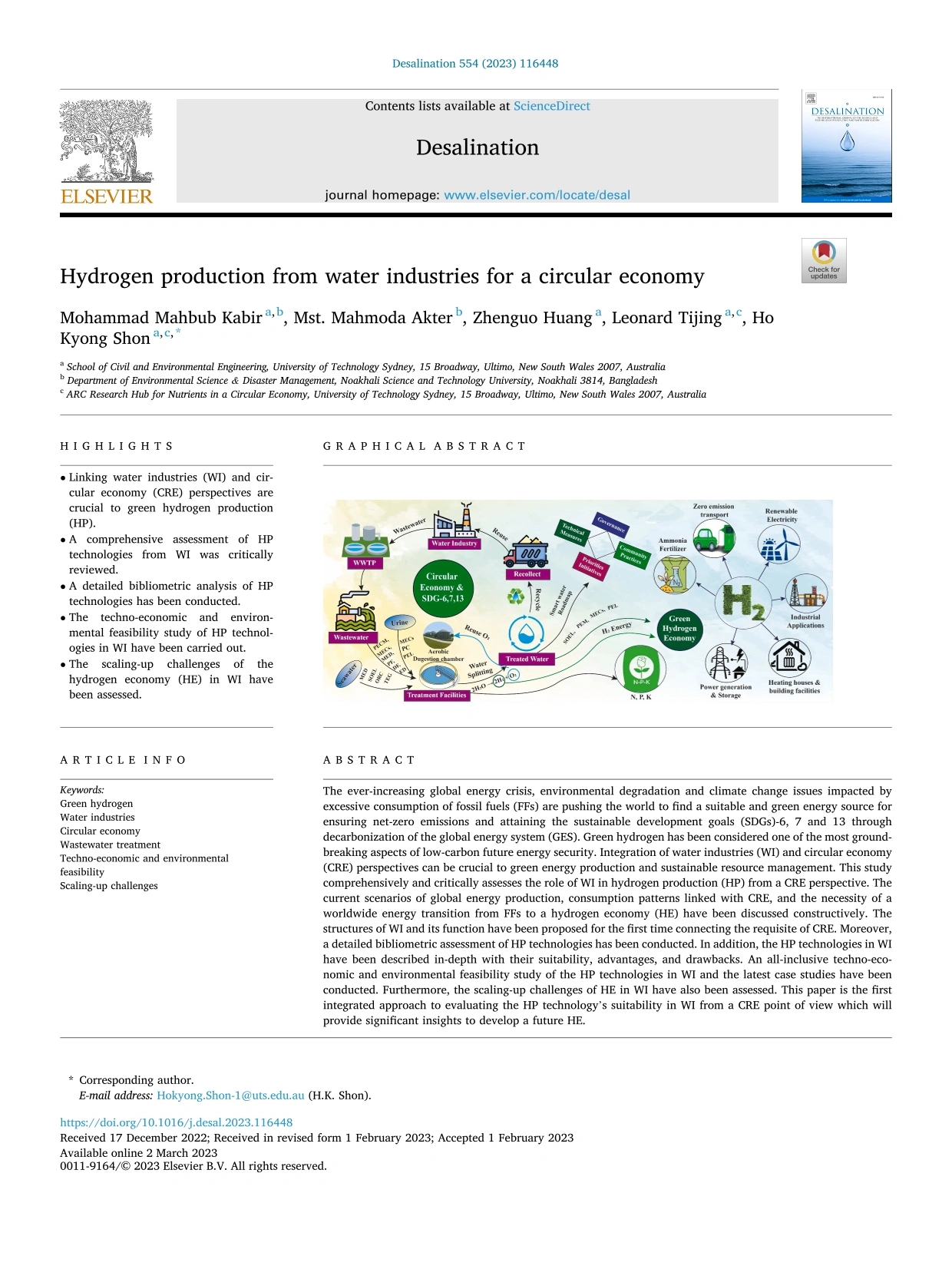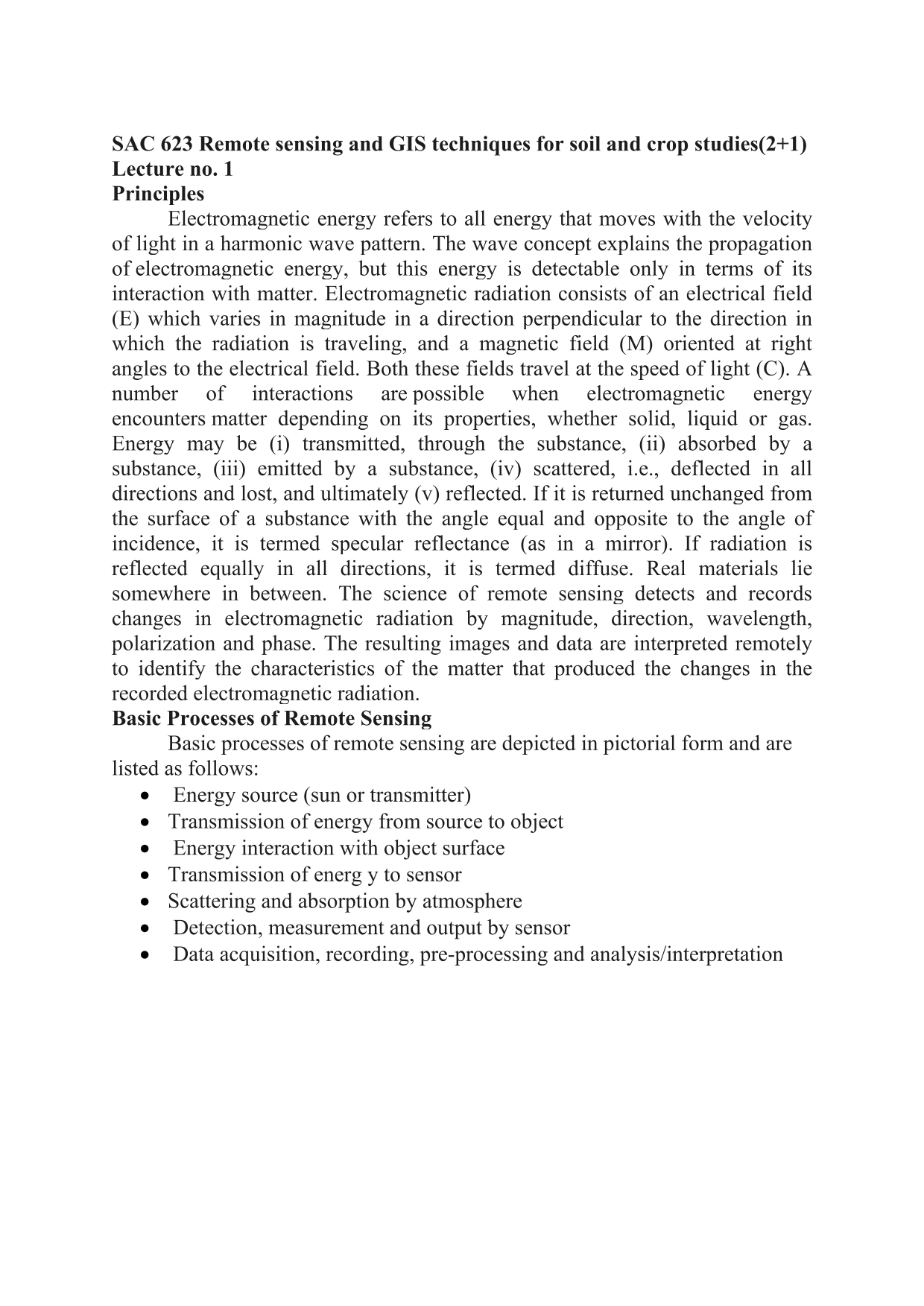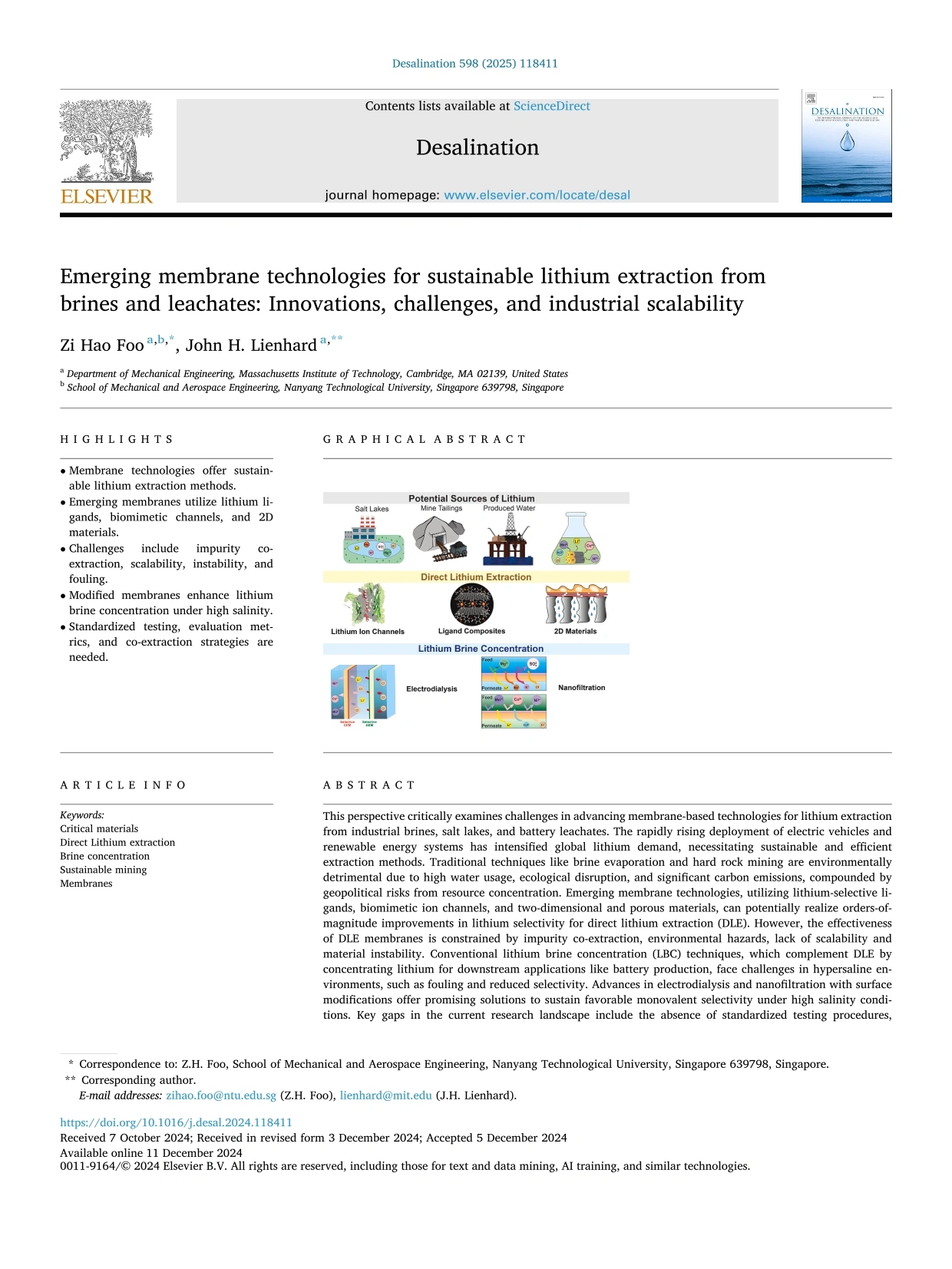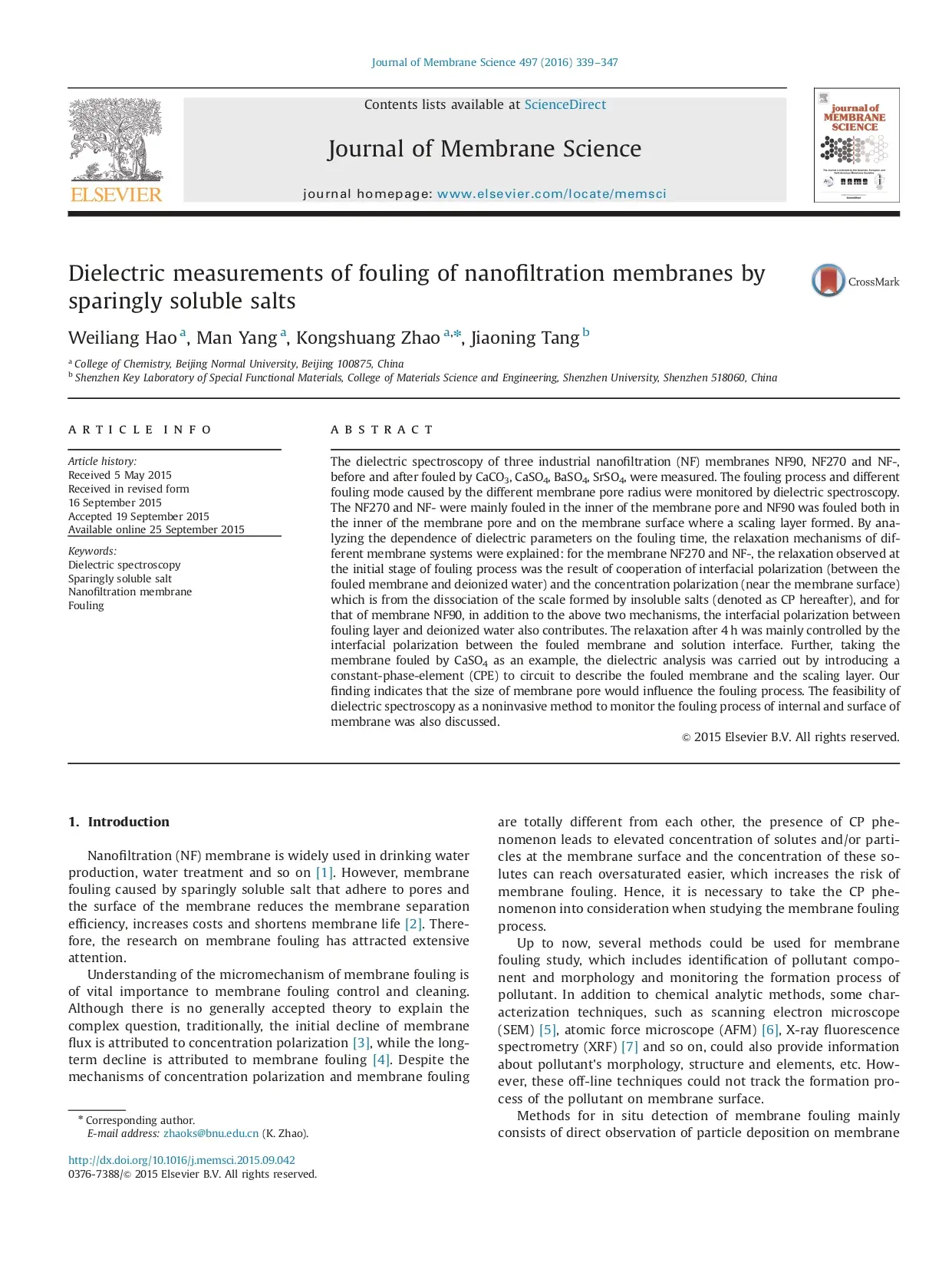Hydrogen Production from Water Industries for a Circular Economy
Energy is considered one of the most vital resources for socioeconomic progress and securing the quality of life worldwide. According to global energy scenarios, industrial development is an escalated demand for energy consumption in the context of the global energy scenario. By 2050, the amount of energy consumed worldwide is expected to have increased dramatically, from 13.6 billion tons of oil equivalent (BToE) in 2010 to 44.6 BToE, as assumed by Ahmad and Zhang.
Hydrogen Production from Water Industries for a Circular Economy
Energy is considered one of the most vital resources for socioeconomic progress and securing the quality of life worldwide. According to global energy scenarios, industrial development is an escalated demand for energy consumption in the context of the global energy scenario. By 2050, the amount of energy consumed worldwide is expected to have increased dramatically, from 13.6 billion tons of oil equivalent (BToE) in 2010 to 44.6 BToE, as assumed by Ahmad and Zhang.
Emerging Membrane Technologies for Sustainable Lithium Extraction from Brines and Leachates: Innovations, Challenges, and Industrial Scalability
This perspective critically examines challenges in advancing membrane-based technologies for lithium extraction from industrial brines, salt lakes, and battery leachates. The rapidly rising deployment of electric vehicles and renewable energy systems has intensified global lithium demand, necessitating sustainable and efficient extraction methods. Traditional techniques like brine evaporation and hard rock mining are environmentally detrimental due to high water usage, ecological disruption, and significant carbon emissions, compounded by geopolitical risks from resource concentration.
Emerging Membrane Technologies for Sustainable Lithium Extraction from Brines and Leachates: Innovations, Challenges, and Industrial Scalability
This perspective critically examines challenges in advancing membrane-based technologies for lithium extraction from industrial brines, salt lakes, and battery leachates. The rapidly rising deployment of electric vehicles and renewable energy systems has intensified global lithium demand, necessitating sustainable and efficient extraction methods. Traditional techniques like brine evaporation and hard rock mining are environmentally detrimental due to high water usage, ecological disruption, and significant carbon emissions, compounded by geopolitical risks from resource concentration.
Dielectric Measurements Of Fouling Of Nanofiltration Membranes By Sparingly Soluble Salts
The dielectric spectroscopy of three industrial nanofiltration (NF) membranes NF90, NF270 and NF-, before and after fouled by CaCO3, CaSO4, BaSO4, SrSO4, were measured. The fouling process and different fouling mode caused by the different membrane pore radius were monitored by dielectric spectroscopy.
Dielectric Measurements Of Fouling Of Nanofiltration Membranes By Sparingly Soluble Salts
The dielectric spectroscopy of three industrial nanofiltration (NF) membranes NF90, NF270 and NF-, before and after fouled by CaCO3, CaSO4, BaSO4, SrSO4, were measured. The fouling process and different fouling mode caused by the different membrane pore radius were monitored by dielectric spectroscopy.










